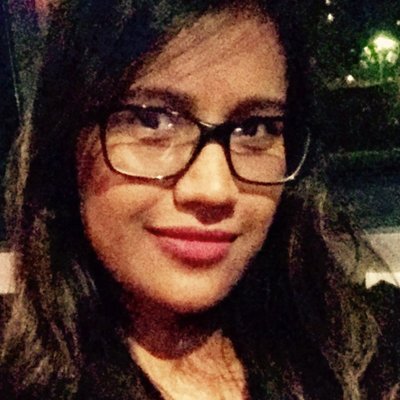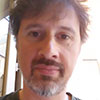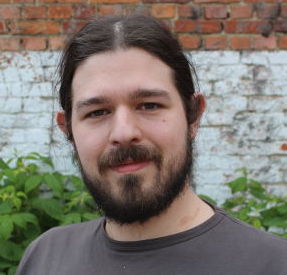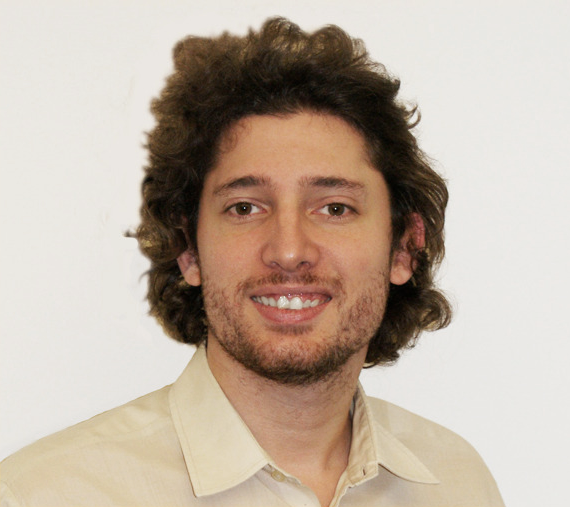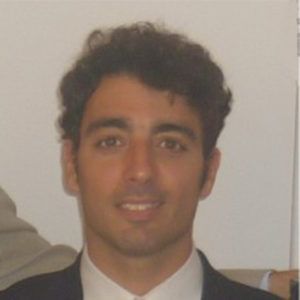Keynote Speakers
Andrea Nuzzolese
Towards cognitive-based knowledge engineering
Abstract
In recent years, a number of methodologies and tools have emerged in literature for building large knowledge graphs.
Most of the focus on knowledge engineering (KE) techniques, i.e. the collection of activities for eliciting, capturing,
conceptualising and formalising knowledge. However, KE tasks are extremely time-consuming and require a significant
cognitive effort by knowledge engineers. More recently large-language models have shown promising results in many tasks
related to knowledge engineering, such as knowledge extraction, ontology matching, schema induction, etc. An example is
ChatGPT that can be used smoothly for generating knowledge graphs even starting from scenarios or competency questions.
Following this research trend, neurosymbolic AI has been used for integrates neural and symbolic AI architectures to
address the weaknesses of each in the context of KE, providing a robust AI capable of reasoning, learning, and
generating knowledge graphs. But still a number of open issues remain open. One of them is about preserving the
cognitive-soundness of traditional KE methodologies that were entirely human-centred. Prompting LLM with human
metacognitive processes is a novel research direction that aims at instilling critical elements of human "thinking about
thinking" into LLMs. The hypothesis is that metacognitive prompting can enhance the quality and cognitive-soundness of
knowledge graphs resulting from KE processes.
Bio
Andrea Giovanni Nuzzolese is a Senior Researcher at the Institute of Cognitive Sciences and Technologies of the National
Research Council. He obtained his Ph.D. in Computer Science in 2014 from the University of Bologna, with a focus on
software methodologies and architectures for extracting Knowledge Patterns from the Web. His research interests include
knowledge engineering, ontology design, linked data, the Semantic Web, knowledge extraction from heterogeneous formats,
natural language understanding, and social and assistive robotics. He has participated as a researcher in the
"Interactive Knowledge Stack2" (IKS) project (EU FP7) and the MARIO project (EU H2020). Currently, he is the scientific
coordinator for ISTC-CNR in the Water Health Open Knowledge (WHOW) project (2019-EU-IA-0089 EU CEF Telecom - Public Open
Data), aimed at designing and implementing a framework to facilitate the creation of a vast ecosystem of data related to
water consumption and quality, health parameters, and disease prevalence for advanced analysis and the development of
innovative services. He is the lead researcher for ISTC-CNR in the Hybrid Human Artificial Collective Intelligence in
Open-Ended Domains (HACID) project (101070588 HORIZON-CL4-2021-DIGITAL-EMERGING-01-10), focused on developing a new
hybrid collective intelligence for decision support for professionals dealing with complex and open problems, promoting
engagement, equity, and trust. He also leads research units and is a member of the executive board of the Fostering Open
Science in Social Science Research (FOSSR) project (MUR PNRR IR IR0000008), which aims to become an Italian Open Science
Cloud, similar to the European Open Science Cloud project, integrating innovative services developed by the project for
data collection, management, and economic and social change data analysis, following the principle of equity. He is a
program committee member for semantic web and ontology engineering conferences and workshops. Additionally, he serves as
a reviewer for scientific journals such as the Semantic Web Journal and the Journal of Web Semantics. He is a co-founder
of BUP Srl, an innovative startup dedicated to designing and implementing solutions for creating and managing knowledge
graphs.
Raphaël Troncy
CIMPLE: Hybridizing Knowledge Graph and LLM for Explaining
Factors Contributing to Misinformation
Abstract
In this talk, we will present some of the results of the CIMPLE project
that makes use of generative AI to counter information manipulation. We
present the CIMPLE Knowledge Graph that collects factchecks as well as
claims and social media posts that convey some misinformation. We
introduce the notion of factors that include political leaning, emotion,
sentiment, the usage of propaganda and persuasion techniques or the
support of conspiracy theories. We show to what extent LLM can be used
to label misinformation and we present preliminary experiments that
leverage knowledge graph embeddings to either identify misinformation
spreaders, or to provide a finer-grained characterization of the phenomenon.
Bio
Raphaël Troncy is an Associate Professor at the Data Science Department
of EURECOM, France since 2009, leading the Data-2-Knowledge team. His
main research interest concerns the use of semantic web technologies for
data integration, information extraction from text, tables and
multimedia documents, and recommender systems. He has applied his
research in diverse sectors such as Creative Industries, Cultural
Heritage, Tourism, Automotive, ICT and Energy where the goal has been to
produce specialized Knowledge Graphs and AI-based application for
discovering and interacting with the data. He was General Chair of The
Web Conference 2022 and he has published more than 250 papers.
